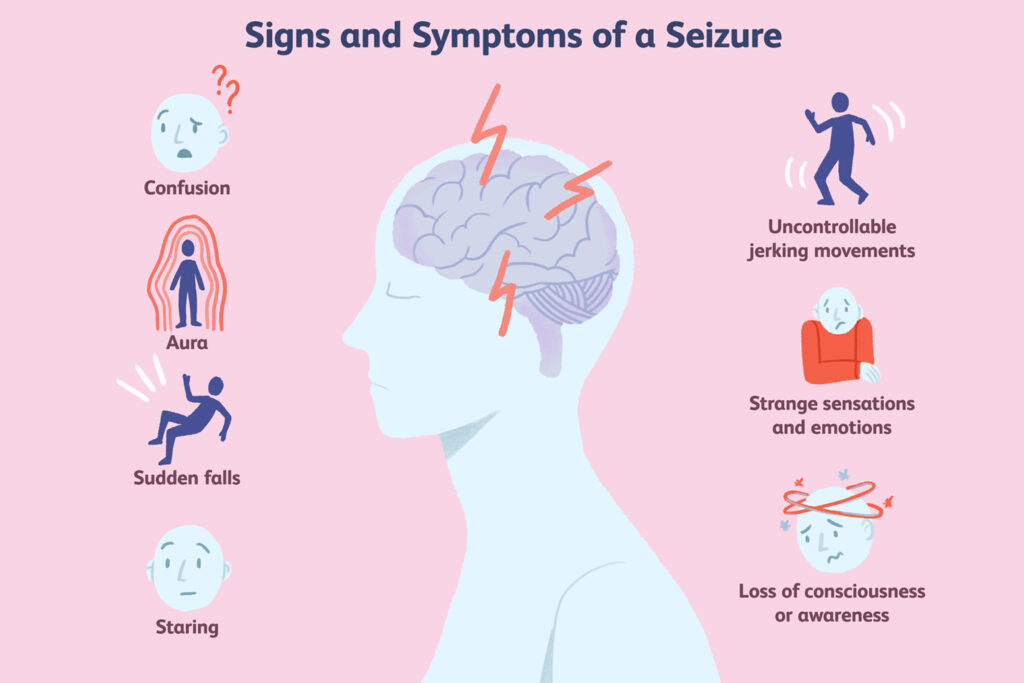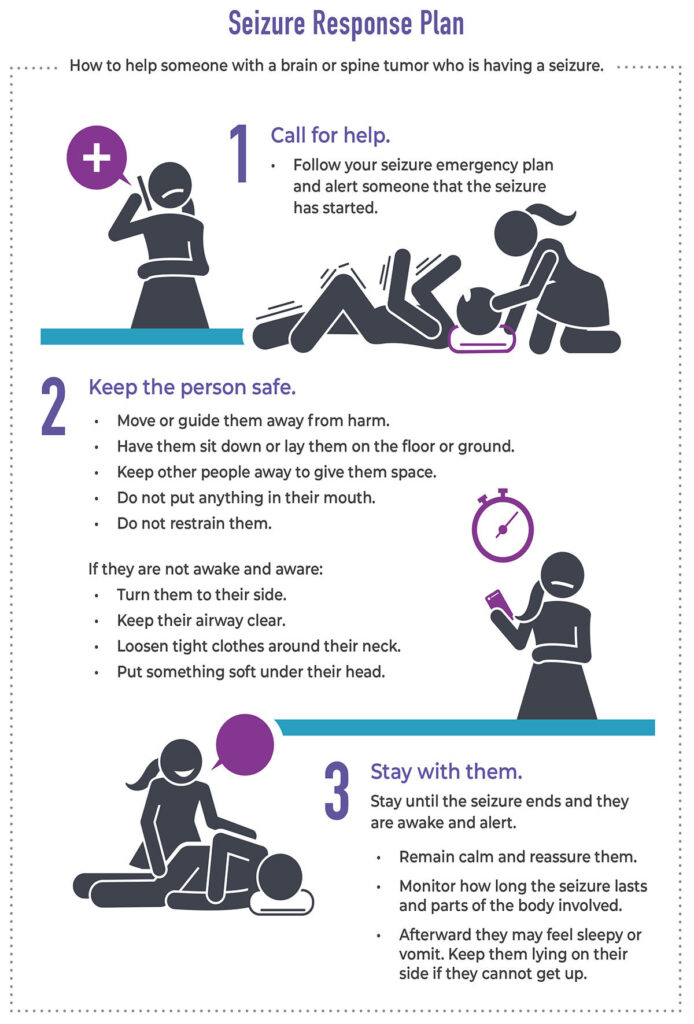Seizures
Seizures

A seizure is a sudden, uncontrolled burst of electrical activity in the brain. It can cause changes in behavior, movements, feelings and levels of consciousness. Having two or more seizures at least 24 hours apart that don’t have a known cause is considered to be epilepsy.
A seizure is a burst of uncontrolled electrical activity between brain cells (also called neurons or nerve cells) that causes temporary abnormalities in muscle tone or movements (stiffness, twitching or limpness), behaviors, sensations or states of awareness.
Seizures are not all alike. A seizure can be a single event due to an acute cause, such as medication. When a person has recurring seizures, this is known as epilepsy.
It is important for the doctor to get an accurate seizure diagnosis in order to implement the most appropriate kind of treatment. Focal and generalized onset seizures usually have different causes and accurately diagnosing seizure types often helps identify the cause for the seizures.
Whether or not the doctor can determine the cause for an individual’s seizures, treatment will likely mean medication. Seizures that are difficult to control may be improved with nerve stimulation or diet therapy. Patients whose seizures are due to a focal scar or other lesions in the brain may be good candidates for epilepsy surgery.
Focal, or Partial Seizures
Focal seizures are also called partial seizures since they begin in one area of the brain. They can be caused by any type of focal injury that leaves scar tangles. Medical history or MRI will identify a cause (such as trauma, stroke or meningitis) in about half of the people who have focal seizures. Developmental scars — ones that occur as part of fetal and early growth of the brain — are common causes of focal seizures in children.

